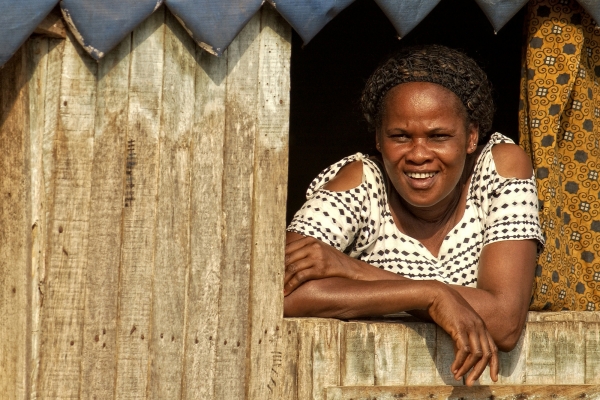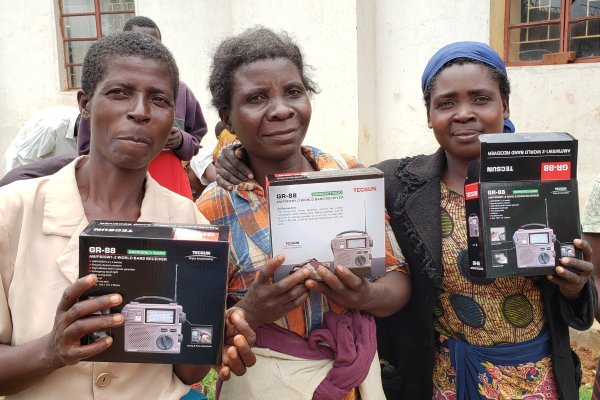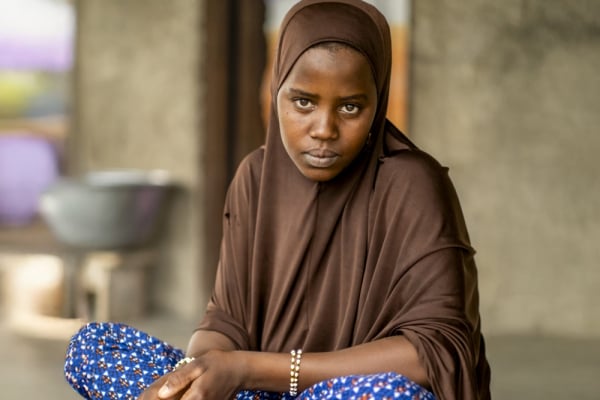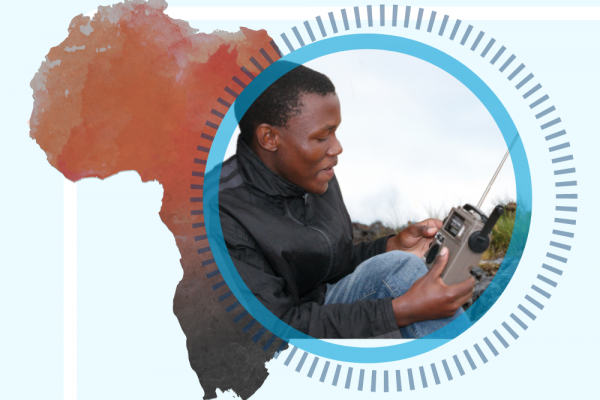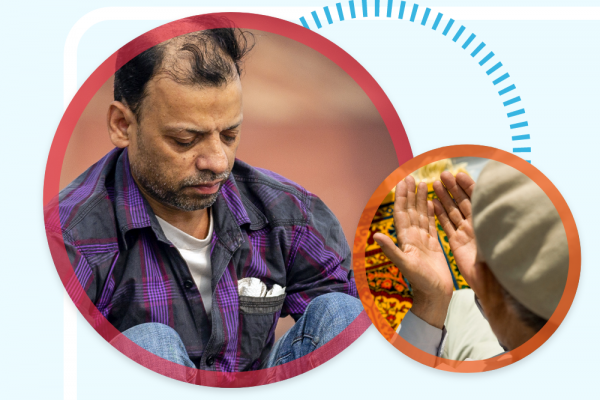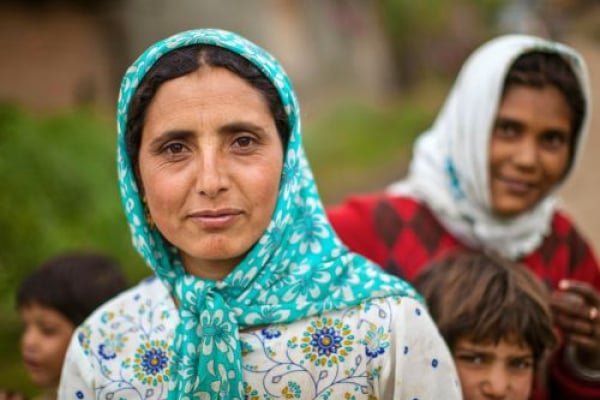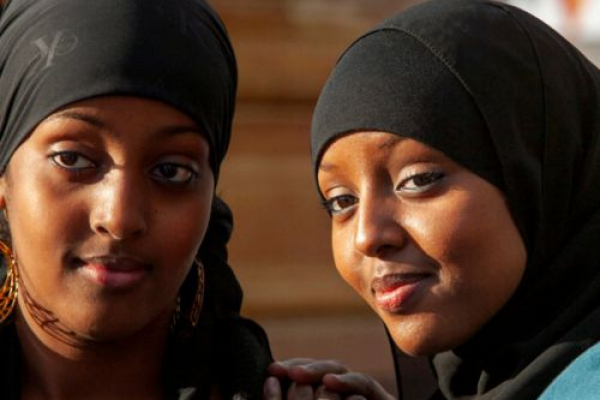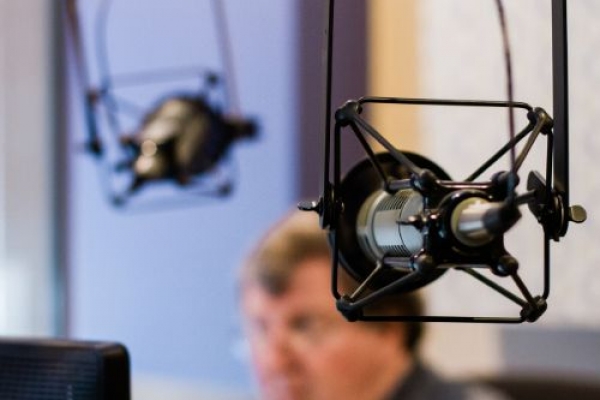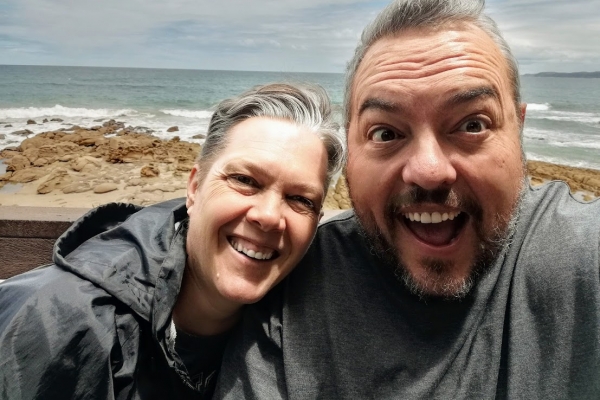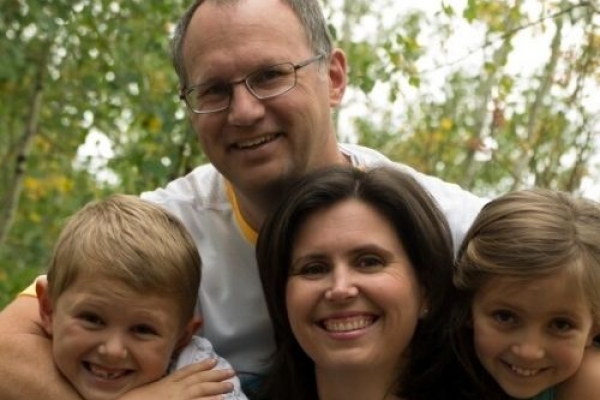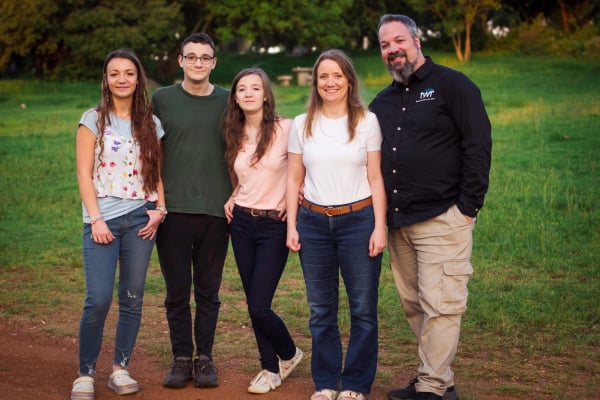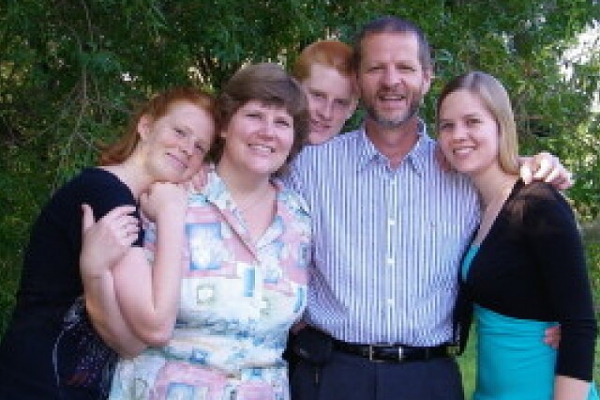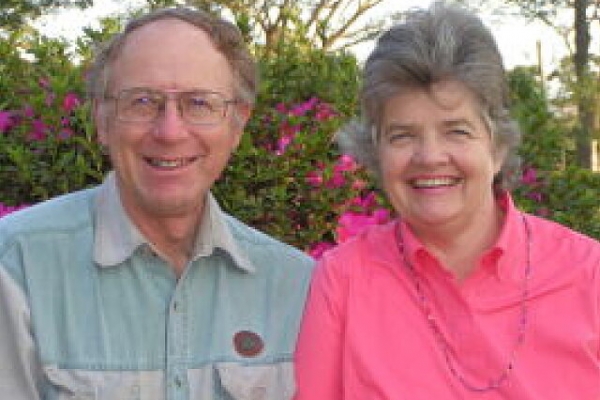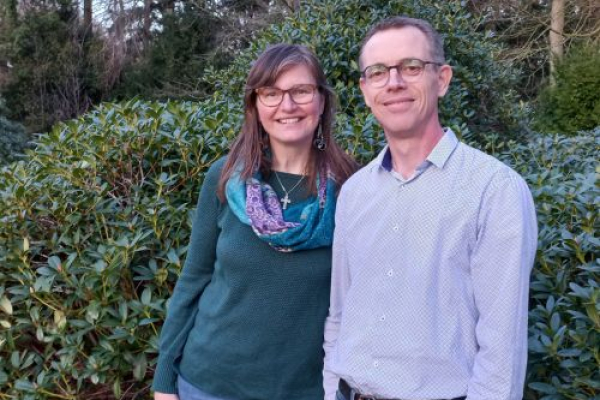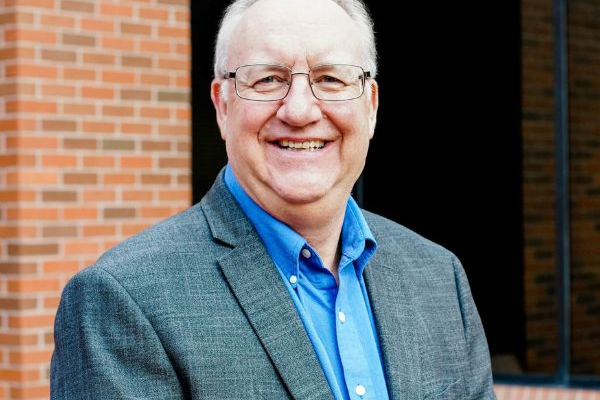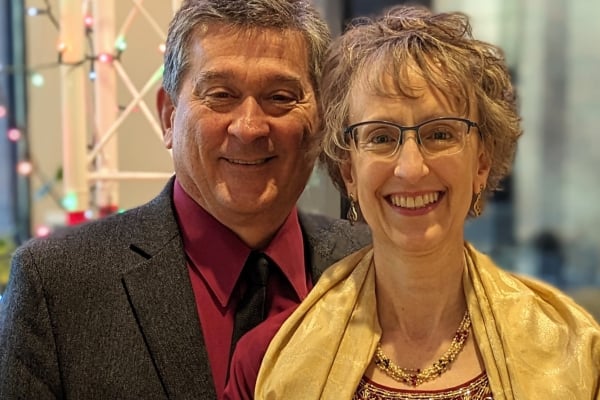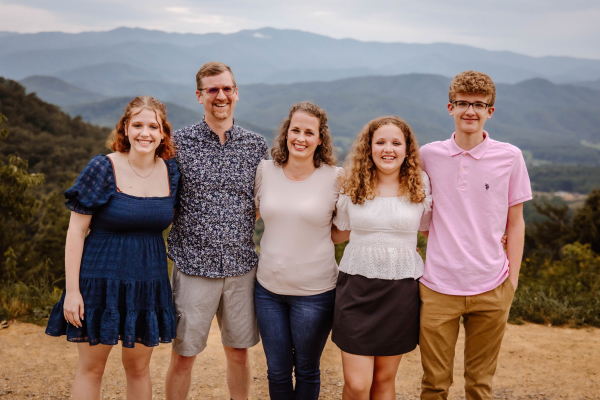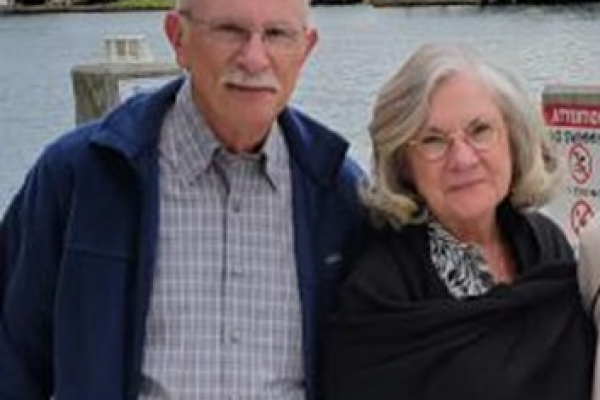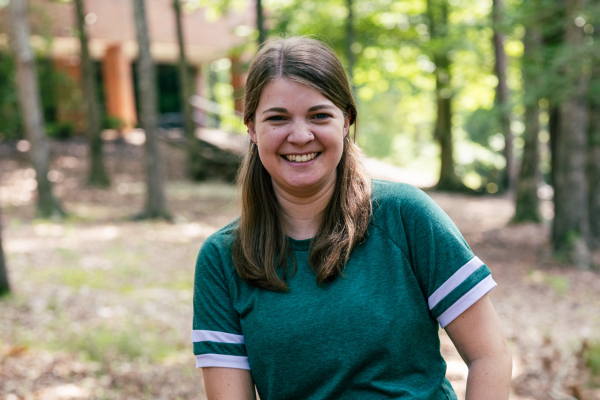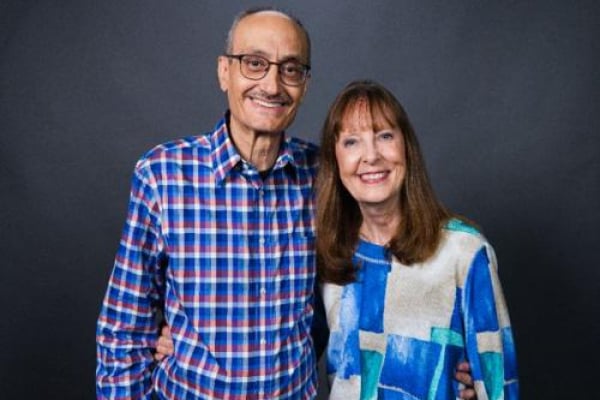
Inroads for Jesus Among the Afar
[Estimated reading time: 8 minutes]
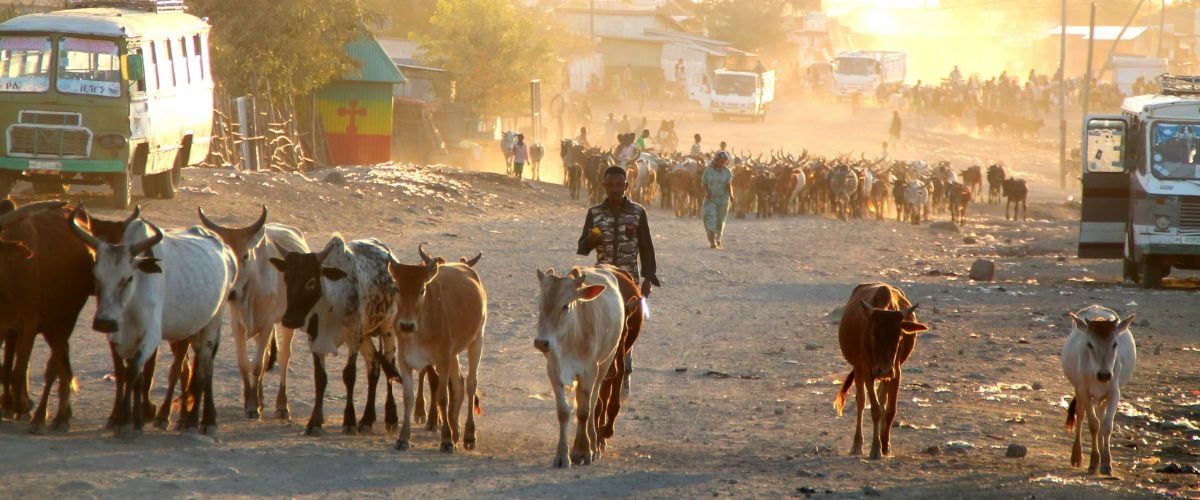
Of the 2.85 million Afar people worldwide, only 0.01% know Jesus personally, according to Joshua Project.
Ali Ibrahim* is a wanted man.
Although he still visits, Ibrahim no longer lives in his homeland, the Afar region of northeastern Ethiopia. It would be too dangerous, as it would be too risky for him if we used his real name or showed his image. Although he speaks to his fellow Afar tribal people in their language through TWR's production partner in Ethiopia, his listeners don't know the sound of his voice.
“We change, we twist the sound, so that people cannot distinguish him,” said Wakshuma Terefe, the production partner's director.
Among the majority of the Afar, with an evangelical Christian population of 0.01%, the good news Ibrahim proclaims is unwelcome. The danger is real.
“I have been threatened for my life,” Ibrahim said, with Terefe as his translator. “Still now, people are threatening me … wanting to stop me from this ministry.”
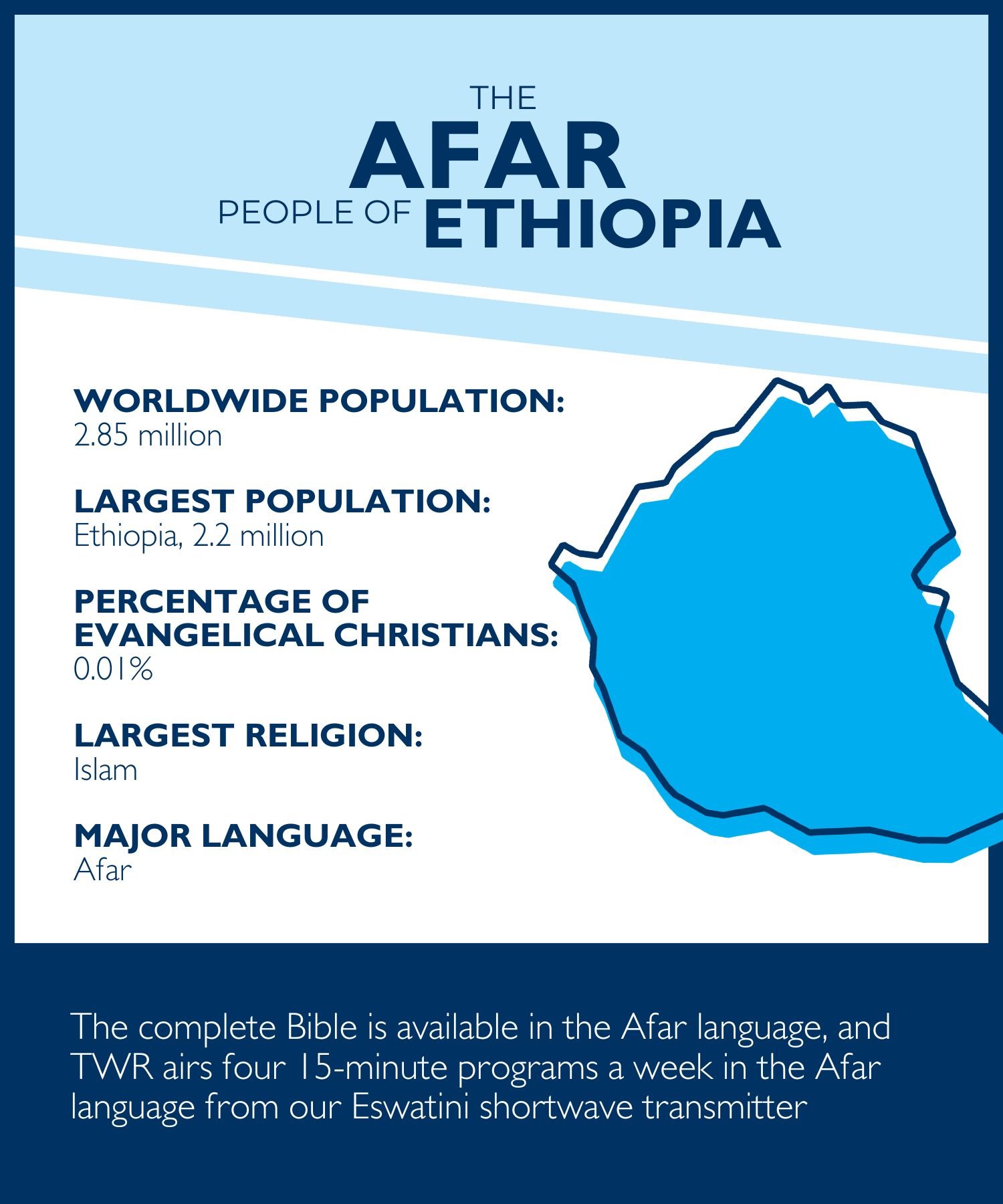 Yet for 20 years, Ibrahim has been broadcasting the truth of Jesus through TWR's partner as well as discipling new Jesus followers.
Yet for 20 years, Ibrahim has been broadcasting the truth of Jesus through TWR's partner as well as discipling new Jesus followers.
This is Reach the Last, the ongoing TWR series in which we’re looking at some of the world’s least-reached people groups and how God is using media to bring light to the darkness.
‘The most feared’
For the Afar people, their spiritual roots go deeper than Islam, Christianity and even Judaism. They claim to be descendants of Ham, Noah’s son (Genesis 5:32), Joshua Project reports. They’ve been predominantly Muslim for centuries. A nomadic people, they’re found in the neighboring countries of Eritrea and Djibouti as well as Ethiopia. Many who have settled are in northeastern Ethiopia, in the Danakil depression, billed as the hottest place on earth.
Other people groups fear the Afar, said Caleb,** who coordinated a radio ministry among the Afar people from 2003-2012. “There are something like 80-85 people groups in Ethiopia, and the Afar are the most feared,” he said.
Nomadic people recognize all others as either family or enemy, with no room in between, Caleb said. “Once you’re family it’s the most peaceful coexistence. But when you’re not family, you’re enemy, and therefore you create fear.”
Ethiopia has a majority Christian population, according to Joshua Project. But most of the Christians are in the Southwest. Among the Afar, Christianity is seen as a foreign religion.
“If a person in the region claims that he is converted, then the first thing is that he will be cast out of the society if they find that person,” Terefe said. “We had experience in the past that they stoned those people.”
Caleb described the Afar faith as “folk Muslim,” because most don’t read and write or speak Arabic.
“They don’t know much about their religion, but they do know the five pillars, and they very much identify as Muslims,” Caleb said. “So, a Christian’s an enemy.”
Ibrahim’s story
Among the Afar people, Ibrahim was an anomaly. He was an Islamic scholar, teaching widely in the Arabic languages, especially in the Horn of Africa and the Middle East, Terefe said. Twenty-some years ago he came into contact with individuals from the Christian humanitarian organization World Vision and from the Ethiopian Lutheran Church who challenged his thinking. They gave him an Arabic Bible, which he began to compare with his Quran.
“I found that in the Bible, it is a love story, a forgiveness story,” Ibrahim said. His heart and his mind were changed, he said, and he decided to follow Jesus.
It made his life more challenging.
“The Afar life is very difficult, especially if you are a Christian,” Terefe said. “If you are a Christian, you have to leave that place.”
Ibrahim found his way to Addis Ababa, the capital of Ethiopia, and his teaching experience made him a natural for Afar-language programming. Teaching through the Bible in a way that makes sense to Muslims, Ibrahim has produced more than 5,000 15-minute programs, which are aired three times a week.
The first 13
Because the Muslim people trust Scripture spoken in Arabic, Ibrahim first reads a verse in Arabic and then translates it into Afar.
Though he lives in the capital, Ibrahim travels to the Afar region to connect with listeners. Early on in his radio ministry, a group of 13 individuals listened and responded furiously, posting that the Christians were spoiling their religion. But one of them, a soldier, requested more information. Eventually the soldier came to faith in Christ, Ibrahim baptized him, and the soldier himself is now a gospel teacher. Over time, all 13 of that first group came to faith.
It made Ibrahim a marked man. Other media were broadcasting warnings, saying that people shouldn’t listen to him, Ibrahim said. “They publicized my name in mosques and in different places to kill me or capture me wherever they found me.”
When he travels to the region, Ibrahim finds underground Christians who came to faith through his radio ministry, he said. There is no formal church, but people gather in homes, disguising themselves to look like Muslims. Ibrahim teaches them the basics of the Christian faith and has baptized many. He gives audio Bibles to new believers.
“Of course, it is still a Muslim community,” Ibrahim said. “Christians are an extreme minority in that region.”
Caleb describes the Afar believers as “pre-Pentecost.” “It’s time to be covert,” Caleb explained. “When the clan leader, the first person we saw come to Christ in our part of the work … came to Christ, he was very careful about how he spoke.”
In such an environment, it was difficult to know if the Word was being heard, Caleb said. “So, we would take every opportunity to covertly learn if people were listening. … It was all undercover.”
‘We hate the Afars’
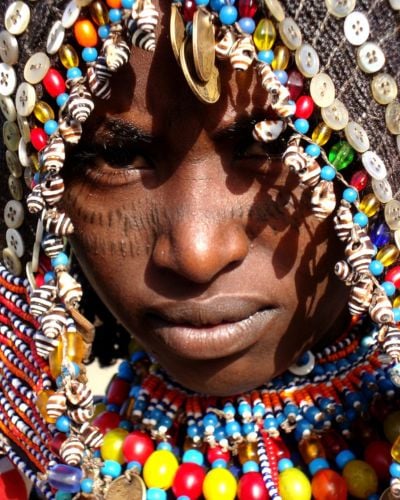 A separate group in the region, known simply as the Highlanders, included Jesus followers and churches. But they wanted nothing to do with the Afar people, as became even more clear when Caleb attended a conference of Christian Highlanders.
A separate group in the region, known simply as the Highlanders, included Jesus followers and churches. But they wanted nothing to do with the Afar people, as became even more clear when Caleb attended a conference of Christian Highlanders.
“We found out something at that conference,” he said. “Number one, they were afraid of the Afars. … And then I remember a fellow stood up and said, ‘Actually, we hate the Afars. … And we don’t believe an Afar can ever come into the kingdom of heaven.’ It’s just an astounding statement.”
It was also uncomfortable, because Caleb was accompanied by his colleague, an Afar man whom the Highlanders thought was one of their own. They couldn’t risk staying overnight in the village where Caleb’s friend might be seen with other Afar people, so they decided to drive 60 kilometers (38 miles) to the next town.
‘Stop the truck’
But as they neared an Afar settlement, something happened.
“I thought: We need to stop the truck,” Caleb related. “I don’t want to say God told me. But there’s a sense that the Lord was nudging me to stop the truck.”
He backed up the truck so that it was within earshot of the settlement. The Afar Christian program was playing on the vehicle’s radio. “And we opened the truck doors and just prayed as the program went out.”
The reception wasn’t good, and they weren’t sure if it could be heard in the village. But then an Afar man walked up and leaned on Caleb’s thighs as he listened to the program, which was discussing three of Jesus’ miracles.
“And then the program ended with the closing music, and we shut off the radio, and his name was Abdu,” Caleb related. “And he says to us, ‘I believe this about Jesus.’ Now that just knocked me over.”
Abdu’s story
Abdu shared his story. He had been searching for three lost cows for two weeks. Just that day, he had given up and headed back toward his town. But as night fell, he realized continuing his journey wasn’t smart. He prayed, “Allah, guide my steps.”
“And God guided his steps right to our truck,” Caleb continued. “And then the message came on, and he heard of the miracles of Jesus. And if God guided his steps, then, he said: I believe this about Jesus.”
The next day, back at the conference with the Highlanders, Caleb shared Abdu’s story.
“And when we came to the part where Abdu said that I believe this about Jesus, they were just stunned, because they had told us that no Afar could ever believe about Jesus or come to faith in Jesus,” Caleb said. “And God used that story to begin to just germinate a seed within the churches to start to believe that God loved the Afars. And what followed was a huge repentance.”
Bring more harvesters
In the 18 years since, the number of Afar believers has grown from perhaps a dozen or so to the hundreds, Caleb said – although that’s hundreds among 2.8 million.
But resistance seems to be softening, he said, because of the person of Jesus.
“They’re enamored with Jesus,” Caleb said of the Afars. “They want to know more, and they’re seeing good works. They’re seeing great things happening in their communities. And so, it’s getting harder and harder for them to attack believers.”
Ibrahim also is witnessing incremental growth. Terefe referred to a video of a group of 25 Afar believers who came to Christ more recently through Ibrahim’s radio ministry. “These were baptized, got proper training,” Terefe said. “Now they are teachers on their own.”
There’s no rivalry among those ministering for Jesus among the Afar. Ibrahim’s prayer, he said, is that many ministry organizations will bring the Word of God into the region in the “different ways that God may use to reach the people.”
Terefe agreed, listing Bible distribution, prayer groups and Christian development agencies as among ministries that could have a positive impact upon the Afar, all for the glory of Christ. “Then let us [go] hand in hand so we can reach the region.”
* A pseudonym
** For security reasons, Caleb asked that we not use his real name and not identify the ministry with which he serves.
Images: (top, banner) A man in Ethiopia herds his cattle, (top, right) Information and statistics gathered from TWR and Joshua Project, (middle, right) An Afar woman peers into the camera from beneath traditional beadwork.

